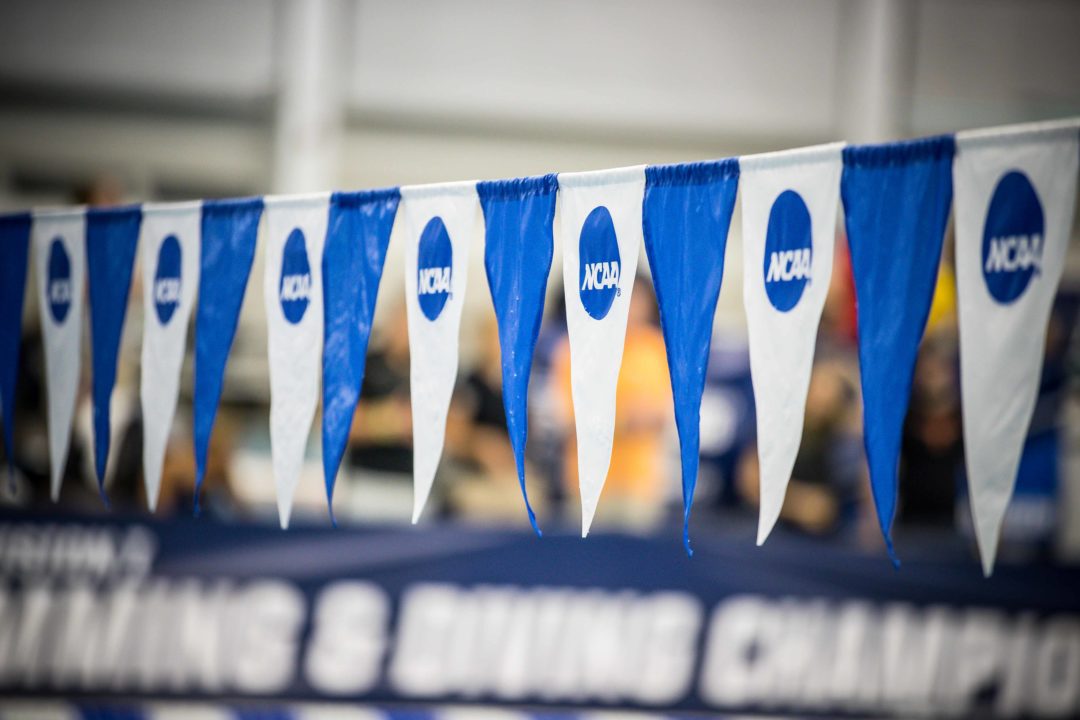Grant House and the two other named plaintiffs in the House v. NCAA case have sent a letter to Judge Claudia Wilken imploring her to help them create a players’ association in conjunction with the new-look NCAA that we’ll see beginning next season.
House, Sedona Prince and Nya Harrison are largely happy with the terms of the settlement, but believe there is “a critical need for structural changes to protect athletes and to prevent the failures of the past,” with a players’ association being the answer.
House, Prince and Harrison are calling for Athletes.org (AO) to serve as the players’ association.
“Without independent, formal representation, separate from schools or their affiliates, athletes will inevitably remain in a vulnerable position, perpetuating the cycle of inequity and paving the way for continued litigation,” they wrote.
“AO provide the infrastructure to offer the collective voice, legal guidance, and resources we need to address these challenges constructively, ensuring a fair and sustainable future for college athletics.”
The named plaintiffs in the House case – Grant House, Sedona Prince and Nya Harrison – sent a letter to the presiding judge in the case, Claudia Wilken, imploring her to help them create a players’ association.
They are supporting https://t.co/KIOiiv1J0O (AO) as the new PA. pic.twitter.com/6mHS70FULh
— Ross Dellenger (@RossDellenger) December 10, 2024
The implementation of a players’ association would help athletes’ voices be better heard under the NCAA’s new revenue-sharing model and aid in standardizing name, image and likeness (NIL) contracts to establish minimum payments and health protections, helping to “create an ecosystem where athletes can thrive.”
“While professional leagues include athletes in these decisions through their respective players’ associations, the college system continues to prevent our players’ association from representing us at the decision-making tables,” the letter said.
The $2.8 billion settlement did not specify whether or not student-athletes will be considered employees at their schools under the new model, which is an issue the NCAA is seeking clarity from with Congress. There are currently multiple issues regarding this topic with the National Labor Relations Board.
Judge Wilken granted preliminary approval for the settlement in October, and a final approval hearing is scheduled for April 7.
Jeffrey Kessler, the plaintiff’s attorney, said the letter was an endorsement of the settlement and doesn’t expect it to impact the agreement.
“All three of these athletes fully support approval of the settlement but wanted to express their additional views that a players’ association is also desirable,” Kessler said, according to The Associated Press. “I salute their devotion to these issues and their fellow college athletes.”

Grant House stands to receive $125,000 from the settlement. Plaintiffs attorneys asking for $480 million in fees plus roughly 1% of revenue sharing with athletes over next 10 years that could total $725 million. Hope everyone enjoys his check for $5.00.
Given how many athletes could be losing roster spots this year, does it make sense to widen the portal window for a year so that all of the athletes looking for a new place to swim have a reasonable amount of time to find one. With a 45 day window that overlaps with NCAA’s it’s likely that many swimmers won’t know whether they have a spot until there are ~30 days left in the portal window.
That leaves very little time for athletes that want to keep swimming to find a new team and school. It could be a stressful and messy spring regardless, but the current rules could add significant stress to the situation.
It doesn’t take very long to enter the portal.
The window doesn’t mean “you have 45 days to choose a new school,” you just have 45 days to put your name in. You can take as long as you want to pick a new school.